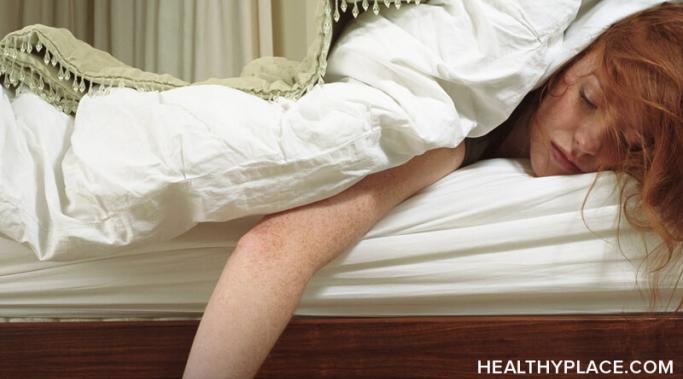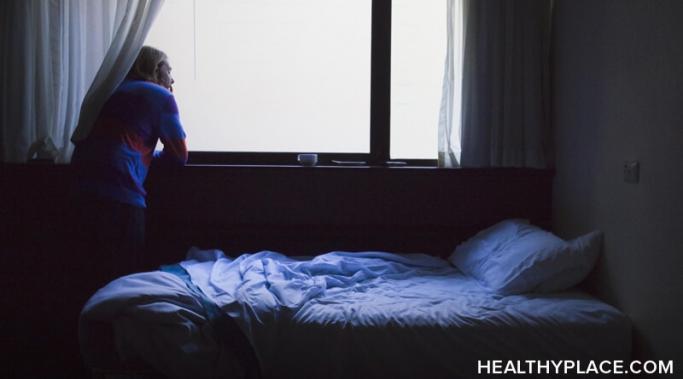Blogs
While for some, spring helps depression, sometimes there is a worsening of depression in spring. The snow melts, the flowers bloom, and the sun stays out longer. After spending several miserable months indoors, people are more willing (and even excited) to step outside, smell the roses, and enjoy the sunshine. Yet, for others, the warmer weather and longer days are not always enough to counteract depression (Seasonal Affective Disorder [SAD] Symptoms – Who’s at Risk). In this article, I talk about depression worsening in spring and ways that I have learned to cope.
While not an official mental health diagnosis, video game addiction is very real (Addicted to Video Games). This is embarrassing to admit, but I did nothing yesterday but play a Facebook game. I began to question whether I had a video game addiction and how to recover from it. Here are some signs that help to recognize a video game addiction and tips on how to recover from it.
It can be difficult to explain posttraumatic stress disorder (PTSD) symptoms to friends, but it helps me to do so. PTSD symptoms include an array of possibilities such as anxiety, depression, panic attacks, difficulty bonding, addiction, insomnia, and dissociation. People experience PTSD in very different ways, based on their trauma history, resilience, supports and a myriad of other factors. So here is why I find it beneficial to explain how my specific PTSD symptoms manifest themselves, and why you might too.
Staying mentally healthy as a parent of a child with mental illness can be a struggle. It's difficult to watch your child experience depression, angry outbursts, or suicidal thoughts. Being a parent means having an extraordinary capacity for love, and with that comes an extraordinary capacity for worry. Your child can't make it without you, though, so it's important to recognize when you need to reach out for help, too. You need to stay mentally healthy for your child with a mental illness.
Depression makes it stressful for me to manage social interactions. My depression distorts my view of myself and of others, causing me to misinterpret social interactions. For example, when my self-loathing is especially intense, I often interpret short, lazy conversations with friends as evidence that I am disliked and irritating. I disregard variables like poor timing and busy schedules and move forward in my day with the actual belief that friends I've had for years are just talking to me out of pity. In this way and others, my depression stresses my social interactions.
I always knew I needed to let go of shame during binge eating disorder recovery and knew it would be a difficult road getting there. Letting go of the shame surrounding your eating disorder behaviors allows you freedom from the secrecy of your disorder and is essential while on the path to wellness. Here are tips on letting go of shame in binge eating disorder recovery.
“Man up” is some of the most unhelpful, stigmatizing advice a person can give to a man with mental illness. Recently, Piers Morgan has come under fire for questioning a statistic that says two-thirds of Britain’s population has experienced mental illness in their lifetime (Mental Health Statistics and Facts). The problem wasn’t necessarily that he was questioning the statistic, but his statement of Britain needing to “man up.” When this is applied to mental illness, "man up" just increased mental health stigma.
Risky behaviors can be a part of dissociative identity disorder. May is Mental Health Awareness Month, and this year's theme of risky business applies to those with dissociative disorders, including dissociative identity disorder (DID). Risky behaviors, including alcohol and drug use, risky sexual behavior, and compulsions are present in many mental illnesses, including DID. These risky behaviors can exacerbate symptoms and increase suffering. So how can we know when the risky behaviors associated with dissociative identity disorder have gone too far?
Living with bipolar disorder is chock full of uncertainty. You never know when you might be well. You never know when you might be acutely depressed. You never know when mania might make you psychotic. And you never know when it might be the day when you need the hospital. If that isn’t uncertainty, I don’t know what it. And while everyone lives with uncertainty, the uncertainties that come with bipolar disorder are so very hard to live with.
Sometimes people don't work because of schizoaffective disorder or schizophrenia. When you consider that we currently live in a political climate in which the government seems determined to slash Social Security and mental healthcare coverage, the challenges of working with a mental illness become even more alarming. I am very privileged in that even though I'm not working because of schizoaffective disorder, my support network allows me to live a normal life.










I believe she will only be able to rid herself of her demons, and hopefully her BPD as well, when she's ready to confront the abuse of her father. If she can put the blame where it belongs, she may stop projecting that victim/perpetrator cycle on the present men in her life. These demons are a metaphor for the purgatory she has created for herself. That reality has consequences in the real world, but it need not be real in the tangible sense. Exorcising her demons will require the expenditure of real physical energy and probably the destruction of aspects of her personality. If this ever happens, and it's possible but not probable, then these demons will evaporate. They are only as real as one's personality is real. In short, reality is not the question, it's what you make of the things you feel to be real.